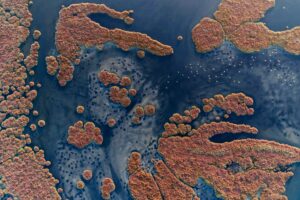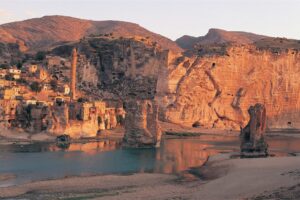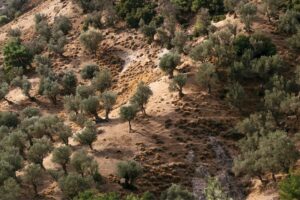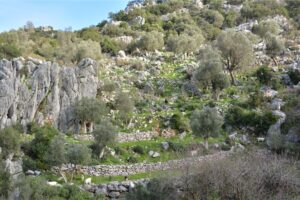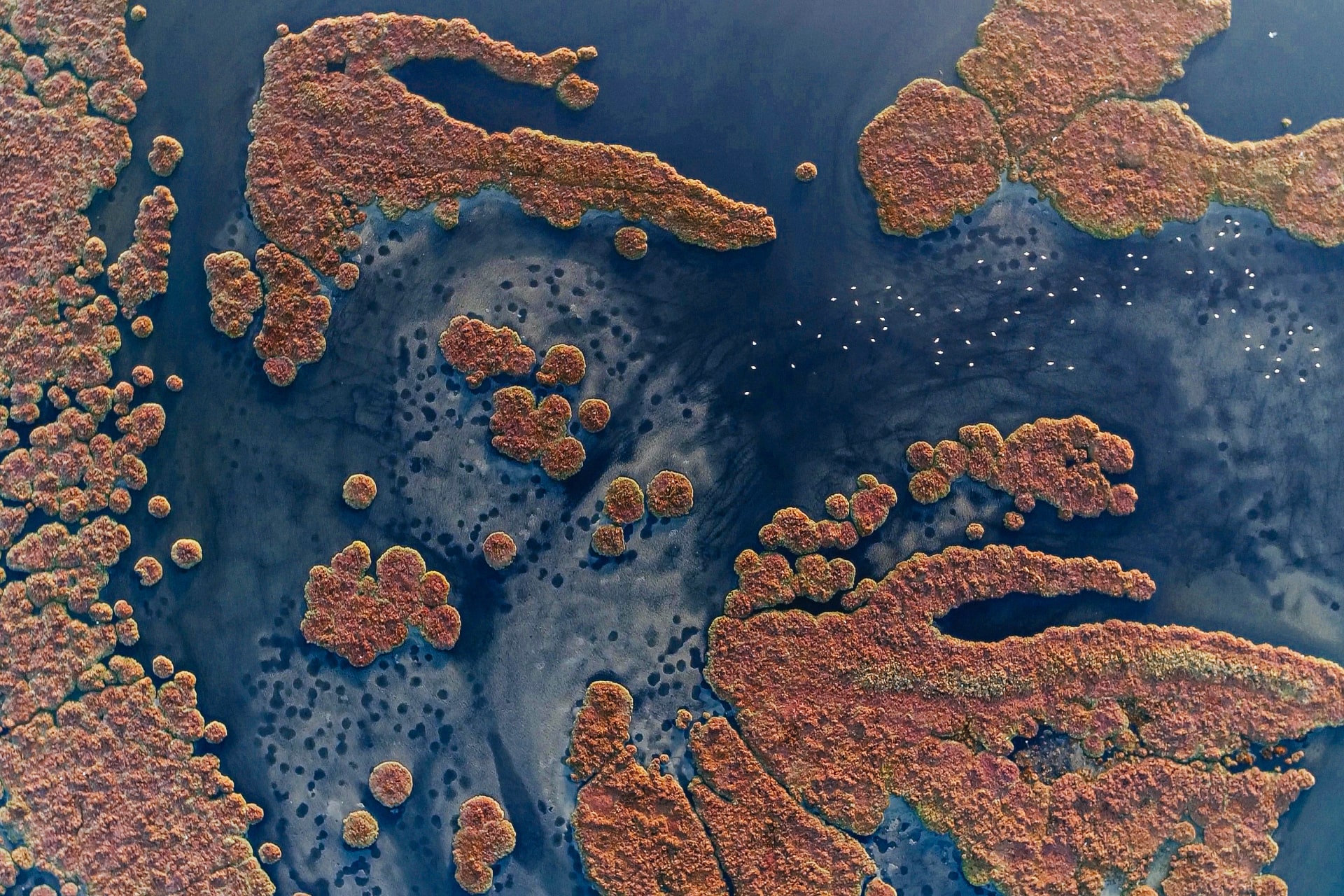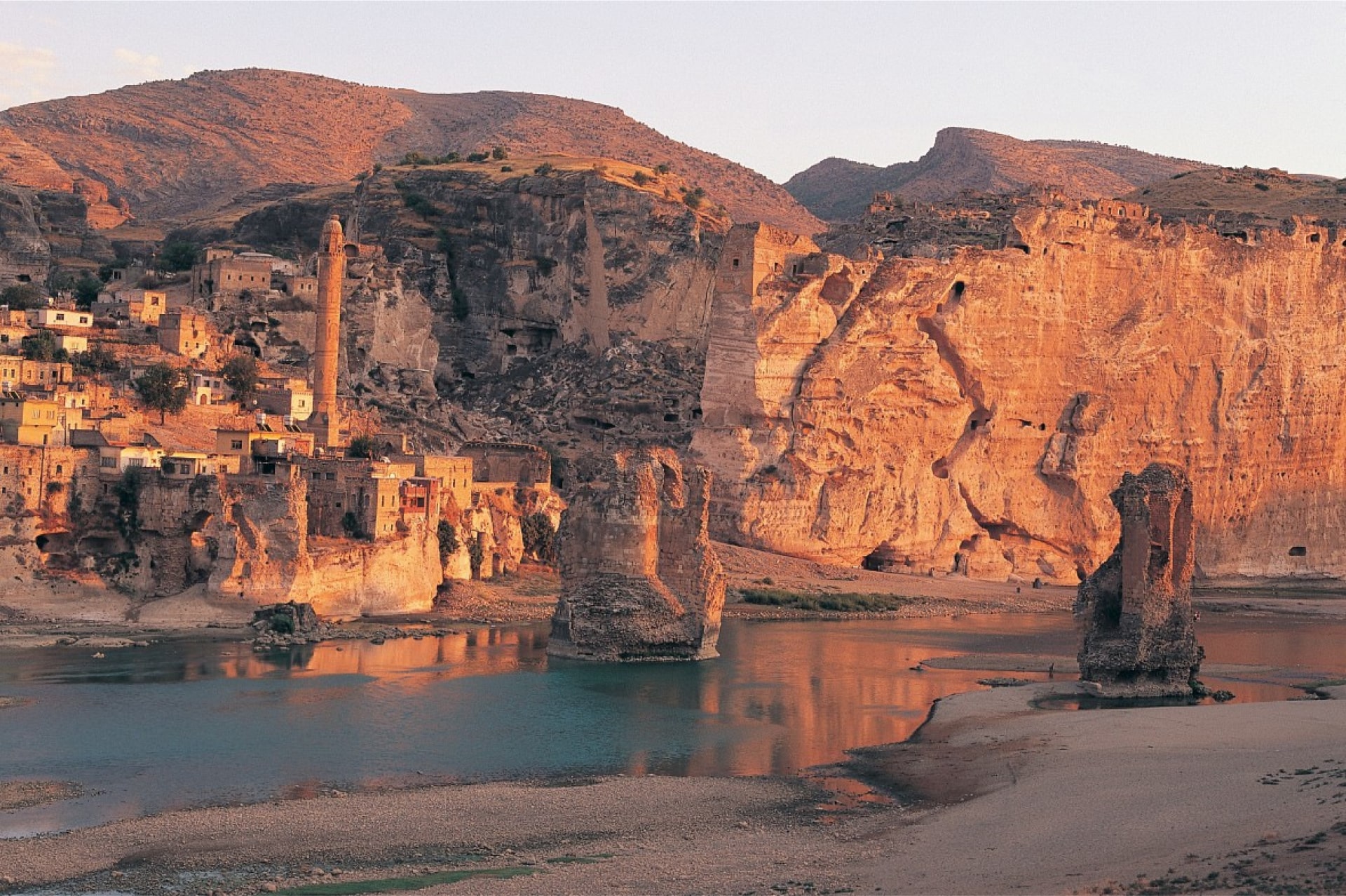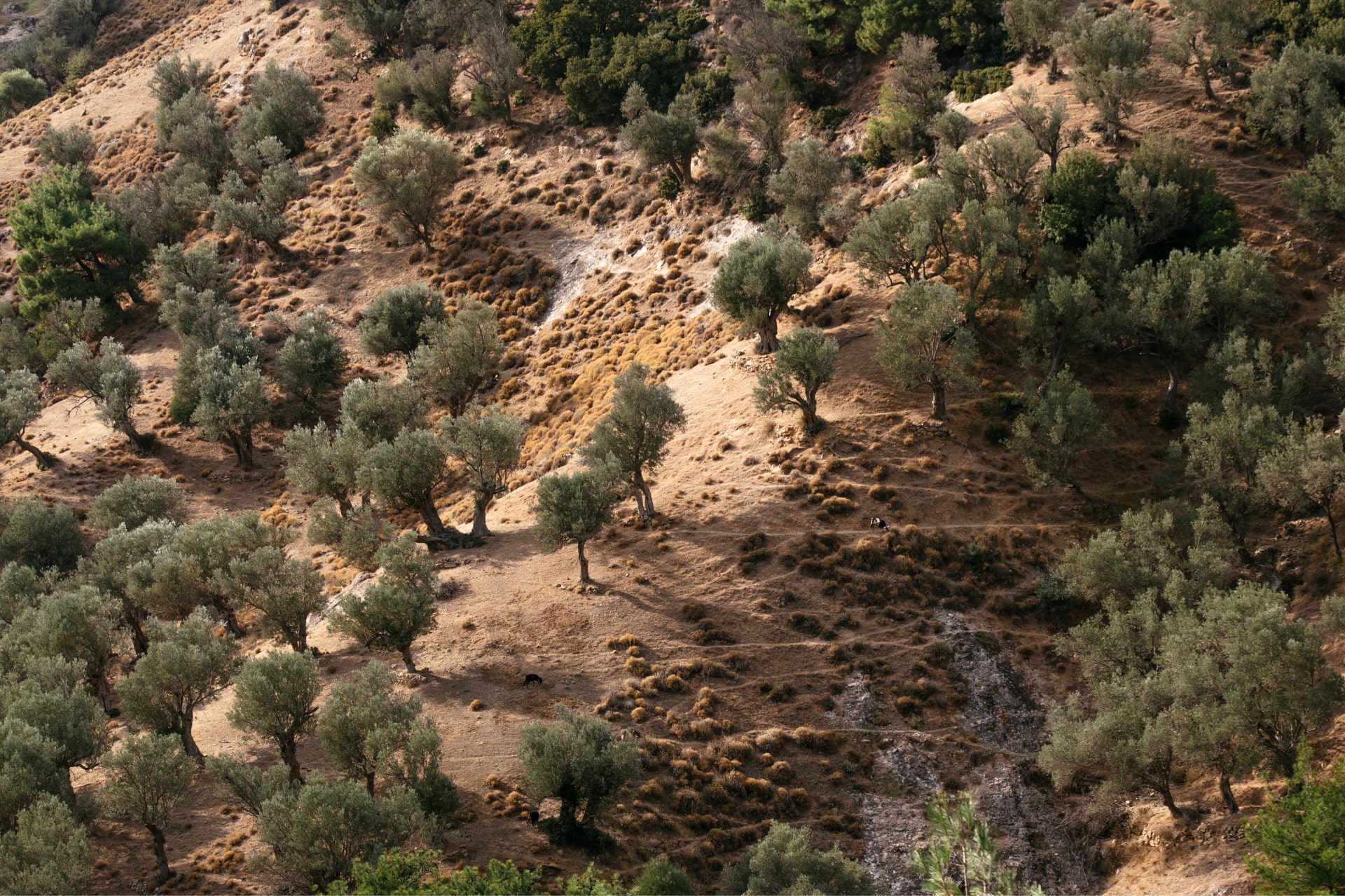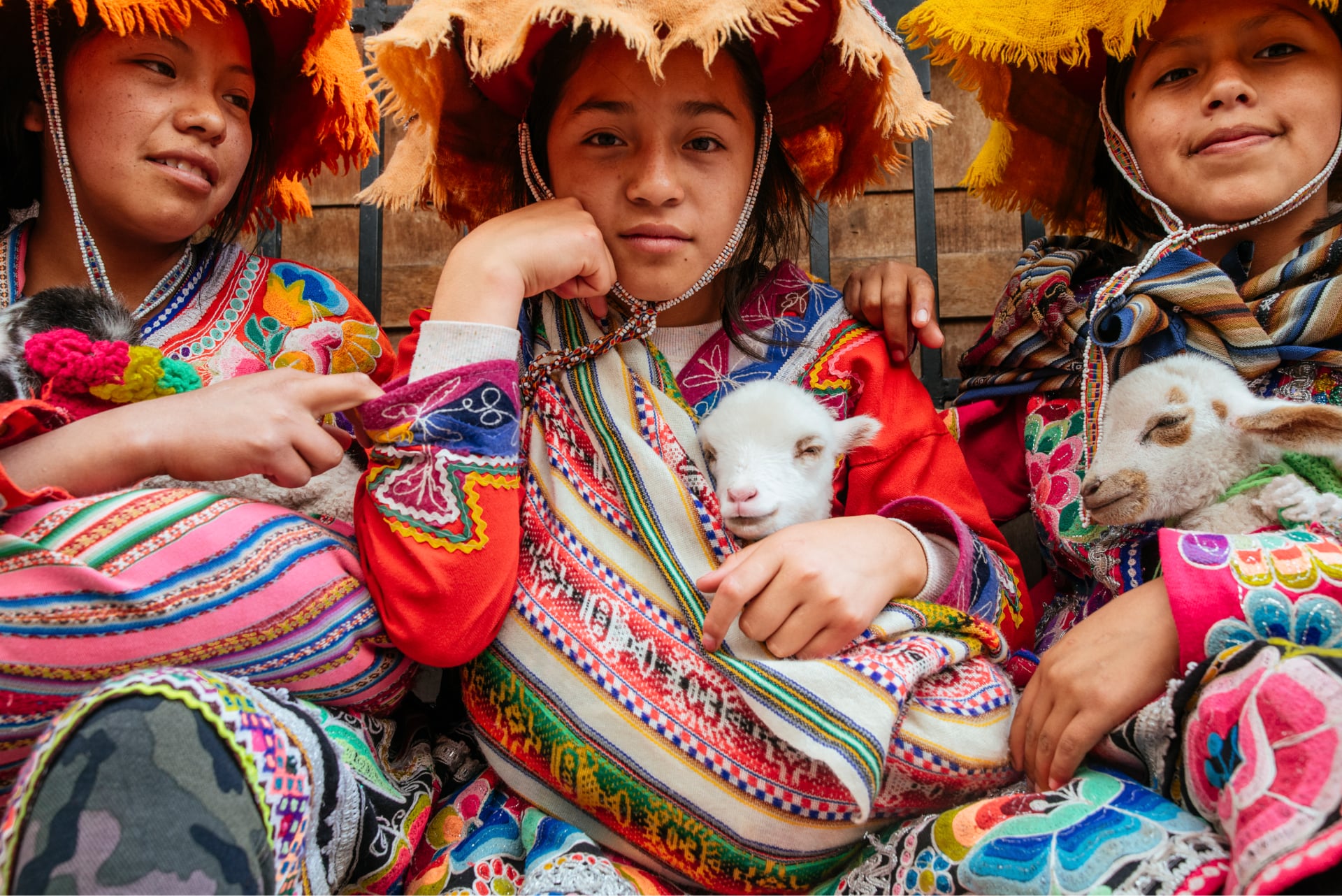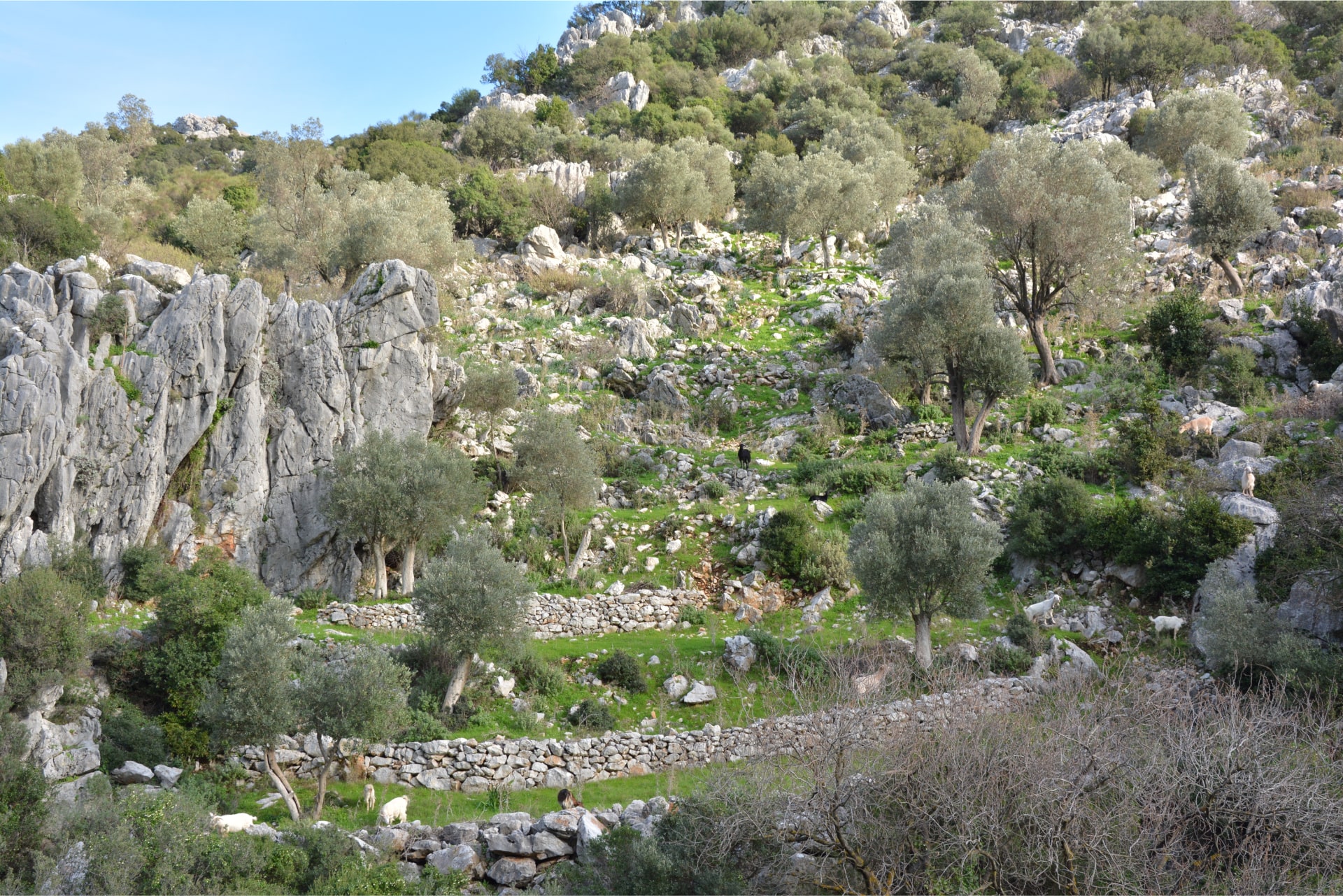On our planet, all natural ecosystems are interconnected, and they nourish each other. Rivers connect mountains with the sea, forests breathe to cultivate our air, and winds and insects carry the pollen of flowers to regenerate life. They all come together and form the web of life, of which we are a part. Life on Earth is based on the circularity of nature.
When we consider the cities and other human-driven spaces of our era, however, we no longer see this circularity.Today’s human landscapes absorb air, water, soil, minerals, and biodiversity from our planet. In turn, they generate plastic waste, carbon dioxide, wars, and poverty—none of which contribute to the web of life. Most of the time, these spaces are overwhelmingly centralized and culturally and physically disconnected from the other ecosystems of our planet.
In our era, the circularity of nature is gradually being replaced by the centrality of cities. As cities sever their ties with the ecosystems surrounding them, we lose our connection to the web of life on Earth. In 2007, for the first time in history, more people lived in cities than in rural areas. By 2021, 56% of the world’s population lived in urban areas, and this figure is projected to reach 68% by 2050.
Where we stand today as a human civilization, we need to develop tools and techniques for designing spaces that act as integral parts of the web of life. At Izmir School, we refer to these as diffusive spaces.
We adopted the four pillars of circular culture as a concrete strategy to develop diffusive spaces: Harmony with nature, harmony with each other, harmony with the past, and harmony with change. Through this concept, we approach human landscapes as ecosystems that foster calmness and harmony rather than speed and individuality.
From the perspective of diffusive spaces, a human space is much larger than its physical boundaries. Our activities in one space have direct ecological and social consequences in other urban and rural parts of the world. They also shape our understanding of both the past and the future.
Based on this approach, the four dimensions of the footprint of human landscapes can be described as:
- Social footprint
- Ecological footprint
- Footprint on the past
- Footprint on the future
The footprint-based design and development of diffusive spaces help researchers, companies, and decision-makers fully envision the extent of their impact zones.
At Izmir School, we are pioneering research into the innovative concepts of diffusive spaces and, as an example of this, circular cities. Our lab explores how these evolving urban and rural landscapes can embody the principles of circular culture. Our research focuses on developing and analyzing diffusive spaces—areas designed to enable fluid and adaptive interaction between people, their environments, and cultural heritage.
By applying advanced spatial analysis, urban modeling, and community engagement techniques, we support the development of circular cities—major clusters of diffusive spaces—that not only respond to current environmental and social challenges but also anticipate future needs. Partner with us to explore and implement innovative spatial solutions that align with the dynamic interplay of nature, society, and history.
